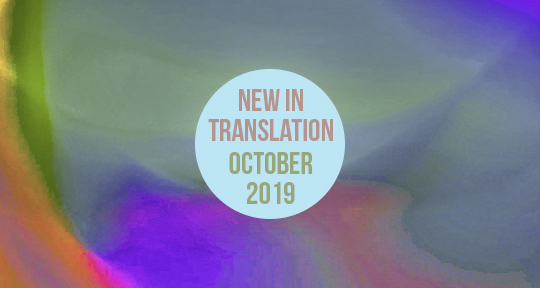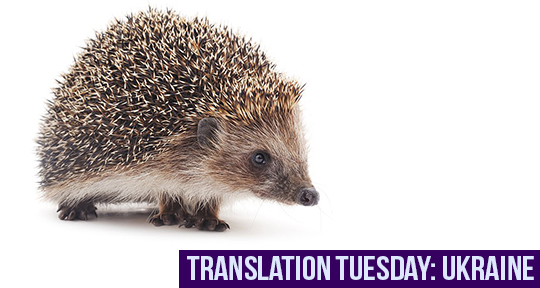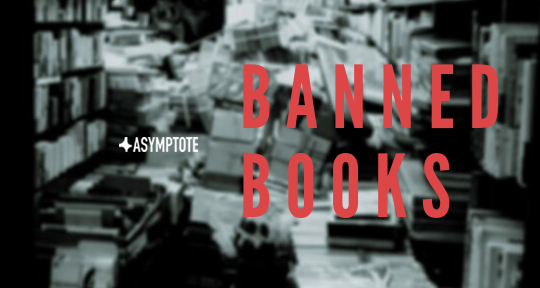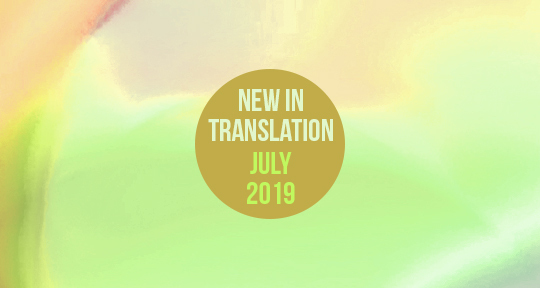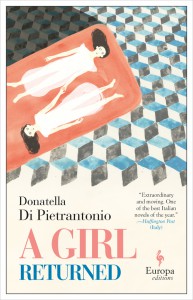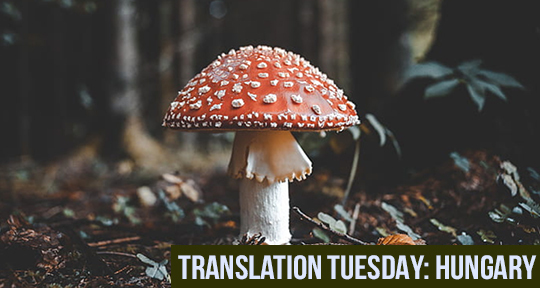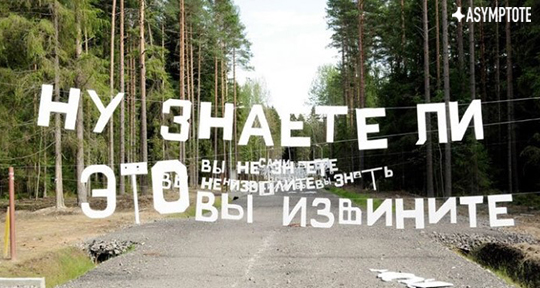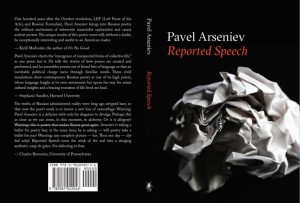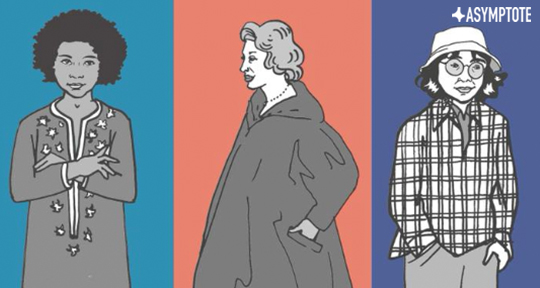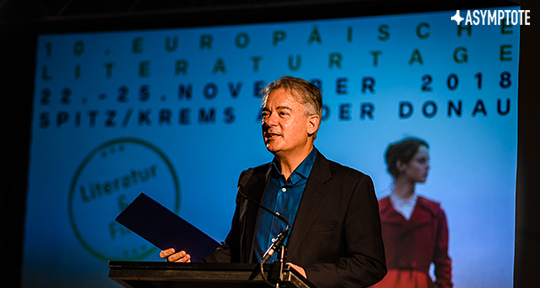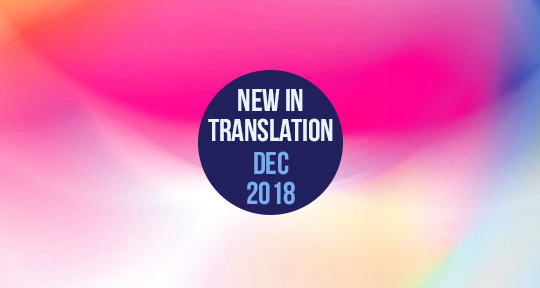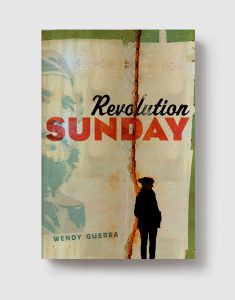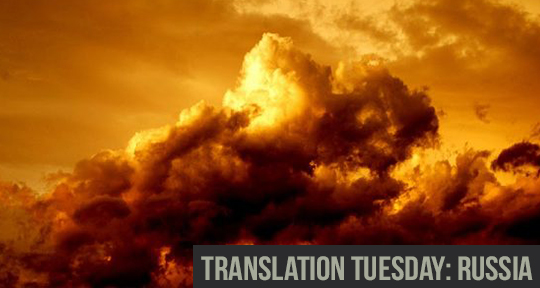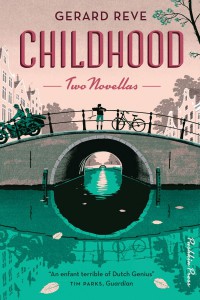Another issue, another record broken: Asymptote’s Fall 2019 issue features work from an unprecedented thirty-six countries. Looking for a point of entry? Consider our blog editors your guides. Their selections here, which range from Korean poetry to Russian drama, will set you off on the right foot.
“Why do I think October is beautiful? / It is not, is not beautiful.” So goes a poem by the late Bill Berkson. It is not—as we know when the grey settles and looks to stay—a particularly delightful month, but if all the poems featuring October attests to something, it is that this time, its late and sedate arrival, is one that enamors poets. So it is that a vein of poetics runs through our Fall 2019 issue, and the poetry section itself is one of tremendous artistry and vitality. From the stoic and enduring lines of Osip Mandelstam to a brilliant translation of Sun Tzu-Ping’s strikingly visual language, Asymptote has once again gathered the great poets from far reaches.



